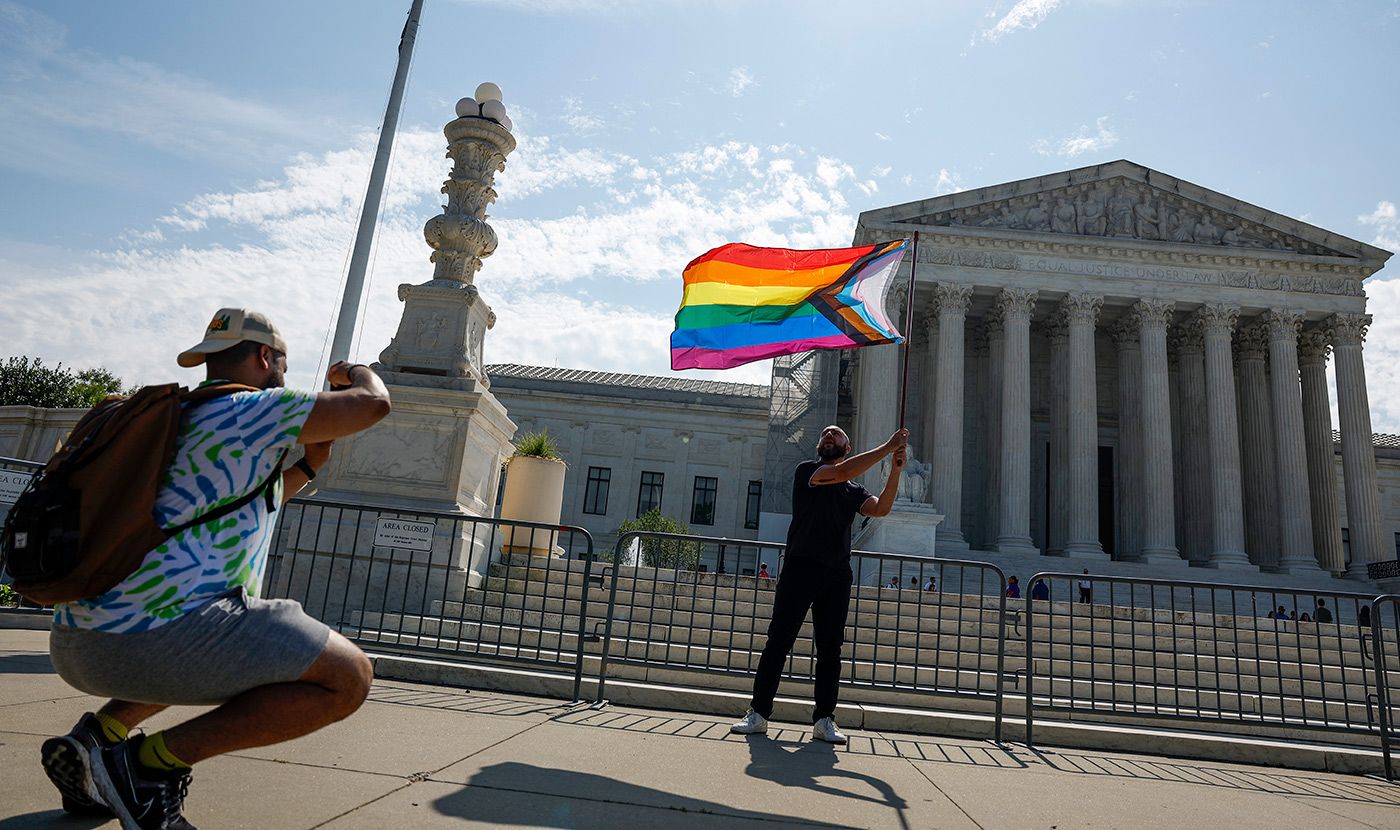The Supreme Court has decided not to reconsider its landmark decision legalizing same-sex marriage, which was established ten years ago. This ruling stems from a case involving Kim Davis, a county clerk who gained national attention after refusing to issue marriage licenses to same-sex couples. The court’s refusal to hear the appeal means that Davis will remain liable for a $300,000 judgment awarded to a gay couple she denied a marriage license.
Four justices needed to support the case for it to move forward, but they opted not to do so, effectively upholding the previous ruling. This decision is seen as a significant affirmation of the rights established in the Obergefell v. Hodges case, which legalized same-sex marriage nationwide in June 2015.
Legal Developments in Other Areas
In other legal matters, the Supreme Court is set to hear a challenge concerning a Mississippi law that permits the counting of mail-in ballots postmarked by Election Day. This case could have implications for voting rights and election integrity as the nation prepares for the upcoming elections.
The ongoing debate over SNAP benefits also continues to unfold. The U.S. Department of Agriculture has warned states, including California, of potential penalties for hastily distributing these benefits following court rulings last week. As Congress works towards reopening the government, the Trump administration is seeking a new emergency order from the Supreme Court to modify payment protocols for November.
Social Events and Local News
In social news, Jeff Bezos and Lauren Sanchez hosted a lavish birthday celebration for Kris Jenner, who turned 70, at their Beverly Hills mansion. The event featured a performance by Bruno Mars and attracted significant attention, including noise complaints from neighbors.
The changing demographics of San Francisco neighborhoods has also drawn notice. Treasure Island has emerged as an outlier, boasting a higher percentage of residents in their twenties, contrasting with the trend of younger individuals moving out of the city.
These developments reflect ongoing shifts in both legal and social landscapes in the United States, highlighting the intersection of personal rights and legislative changes. As these issues unfold, the implications for communities across the country remain significant.





































































